Davutpaşa Campus
Architectural Pedagogy

Being a private school in a university
In the nature-friendly Davutpaşa Campus of YTU, a high-tech and sustainable school architecture comes to life. YTU Schools adapt to the ecosystem with their ecology-friendly and environmentally friendly features, as well as their highly equipped structure.
A sustainable living space
Thanks to its air conditioning and insulation features, the Davutpaşa Campus has responsibility for our future with its exemplary structure. The pedagogical integrity established among kindergarten, elementary school, middle school and high school physical areas offers dynamic experience opportunities to students.
Our school, which aims to form a bridge between its own roots and the future based on the historical buildings on the campus, sets an example and inspires post-COVID learning environments as an active stimulator and experience creator. With forest areas, microclimate zones, hiking trails, recyclable water technology, workshops, parks, and interactive surfaces, the school embraces students to vitalize its spaces.
Democratic common areas and project centers
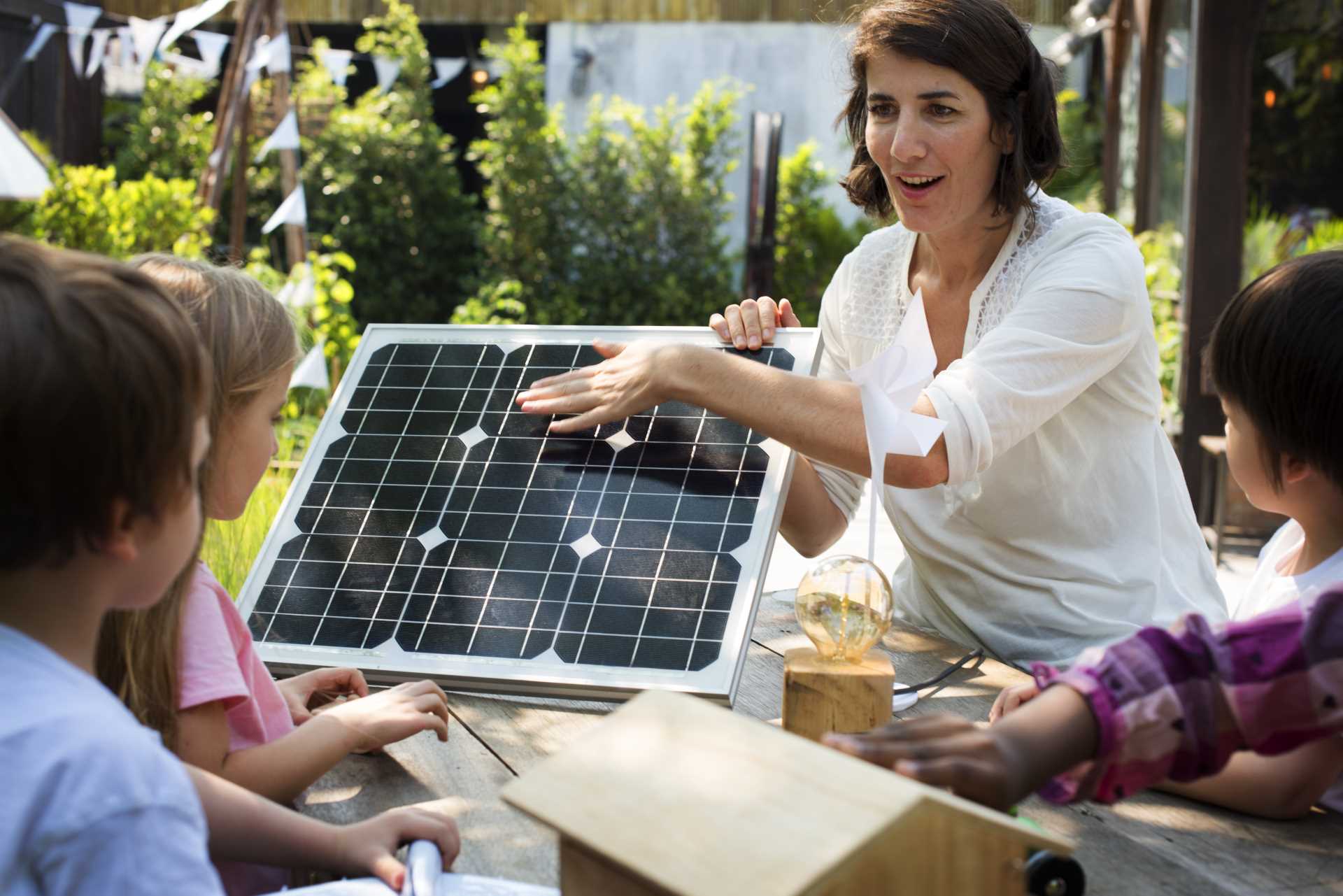
The administrative and teacher rooms eliminate hierarchy as spaces are arranged according to business needs, not based on a role. These spaces are designed as stations that are created with equipment that allows research and scientific development in line with the common working space philosophy.
Therefore, they become sharing environments that offer equal usage rights to students and teachers and allow the school community to communicate and interact. These spaces – each of which operates as a project center – school corridors, tunnels and all other points form a part of the learning process individually. This physical environment setup also allows the school climate and culture to be based on democratic foundations.
Experience of production
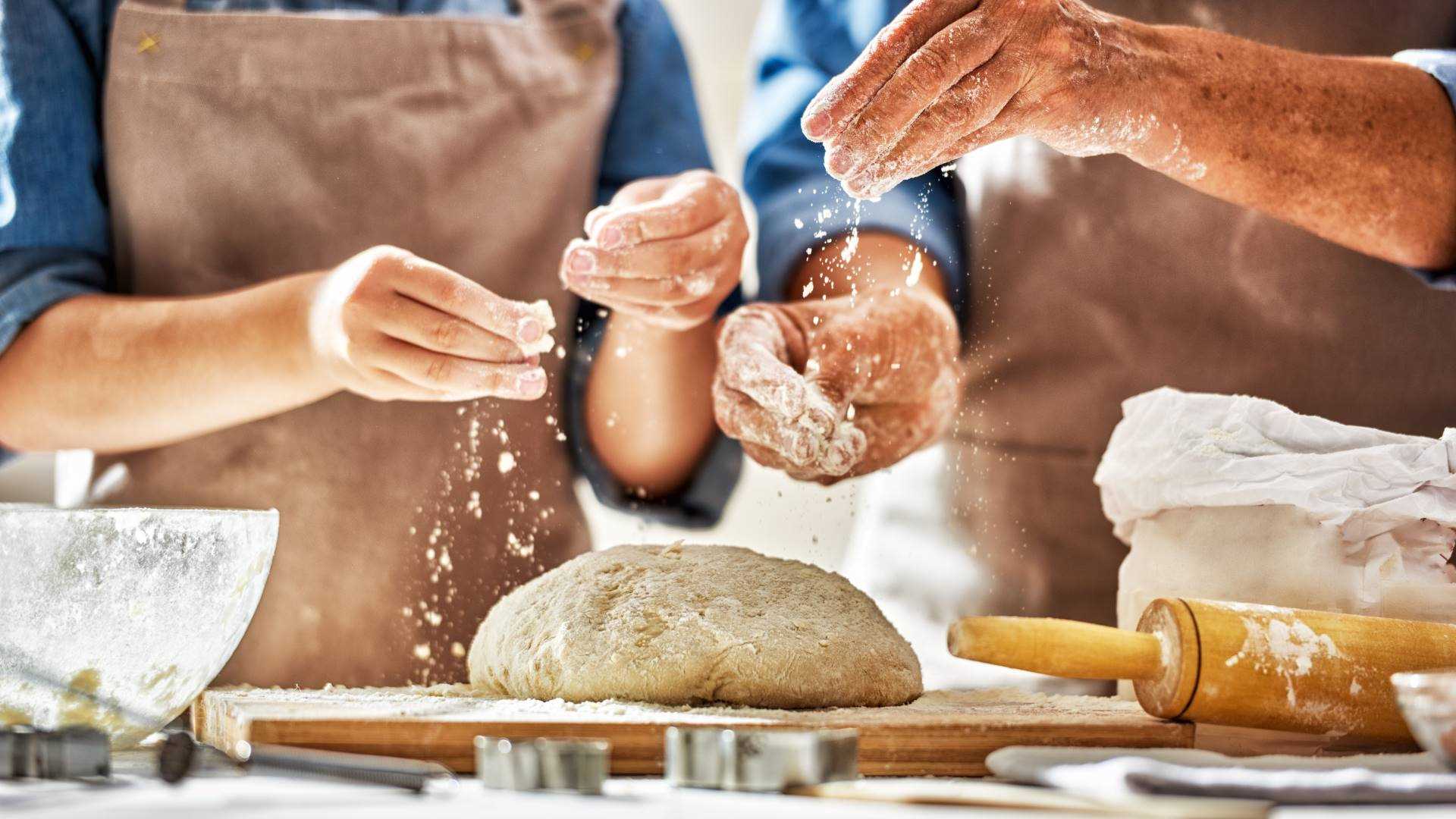
The historical bakery, where the elementary school will be opened, will start making its own bread once again. The freshly baked bread and the effort put into making bread form the heart of the educational philosophy. The need is identified, analyses are conducted regarding this need, and the supply procedure is commenced. Then, the art begins. Each loaf of bread needs special attention. The baking conditions and presentation are also very important. Additionally, the recycling of waste, reintroducing it into the system, and the ability to produce different experiences, in other words, blending change with traditional information, demonstrate the fruitfulness of YTU Schools’ classrooms.
This idea brings us to a kitchen at the center of the school. A functioning bakery, an active kitchen, and the awareness of and naturalness in students’ diets give meaning to the growth of a balanced individual. The smell of the historical bakery becomes the cornerstone of the excitement of learning, the ambassador of the trusting environment where children will feel at home, and the architect of a bond that will never fade. In addition to storage and production methods, the kitchen operates as a laboratory where consumption and transformation activities are conducted with a waste-free approach. Furthermore, it plays an integral role in creating a culture by supporting social learning areas, recognizing cultures, and transferring them to the next generations. The first step toward understanding the philosophy of humankind is taken in the kitchen.
An elegant environment and an awareness of nutrition
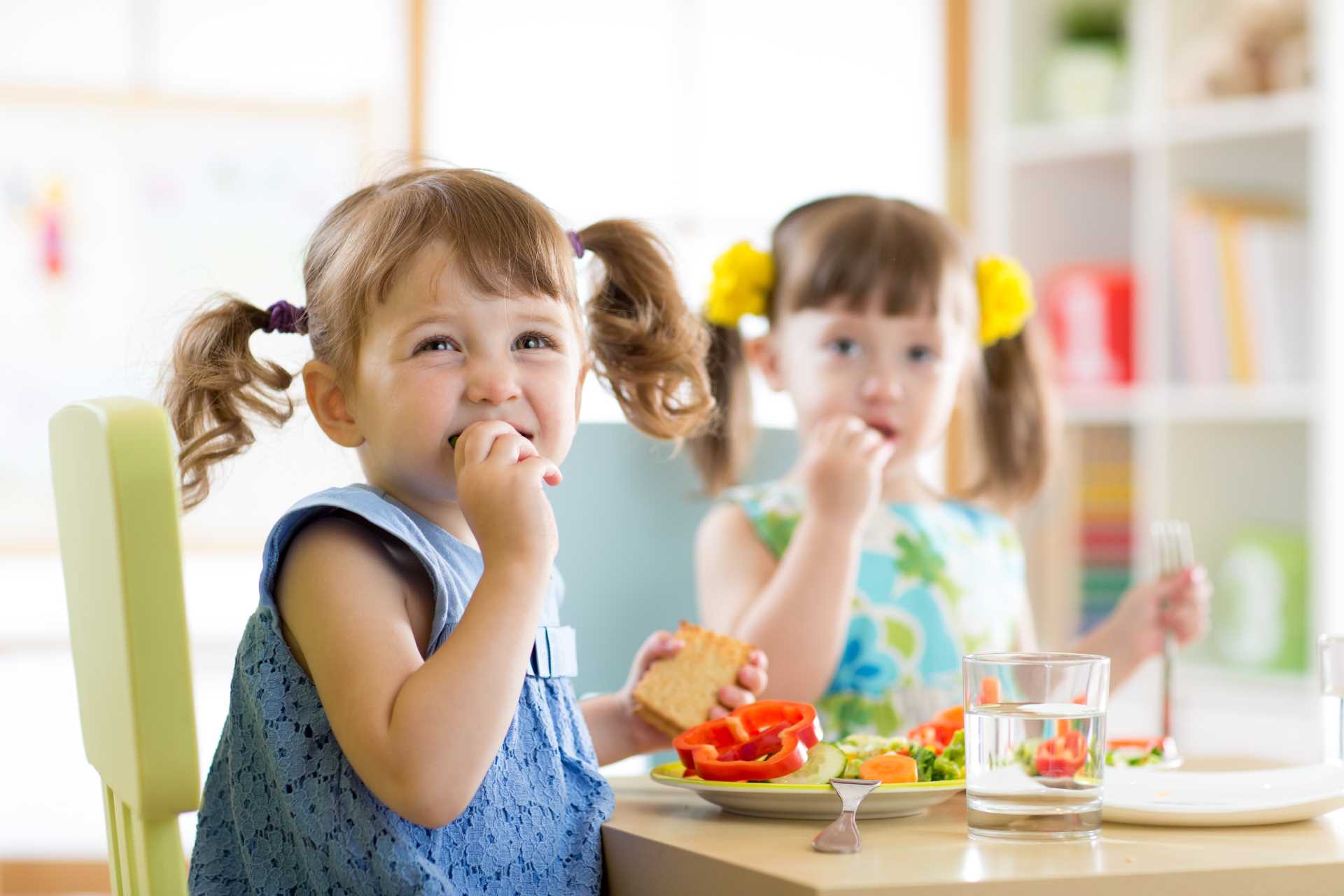
The dining hall was designed to offer students an illuminated, natural and elegant environment and reduce the speed, consumption focus and rush of mealtimes. It plays an effective role in creating a calm culture. It brings elegance, table manners and togetherness to the dinner table. As the layout of the tables allows the unity of the entire school community, it offers an esthetic eating experience.
Students contribute to the process of setting the table, preparing the dining area, and making it ready from time to time. Thus, they develop empathy toward professionals, develop a natural awareness of the value, and reduce waste.
Self-care and personal health
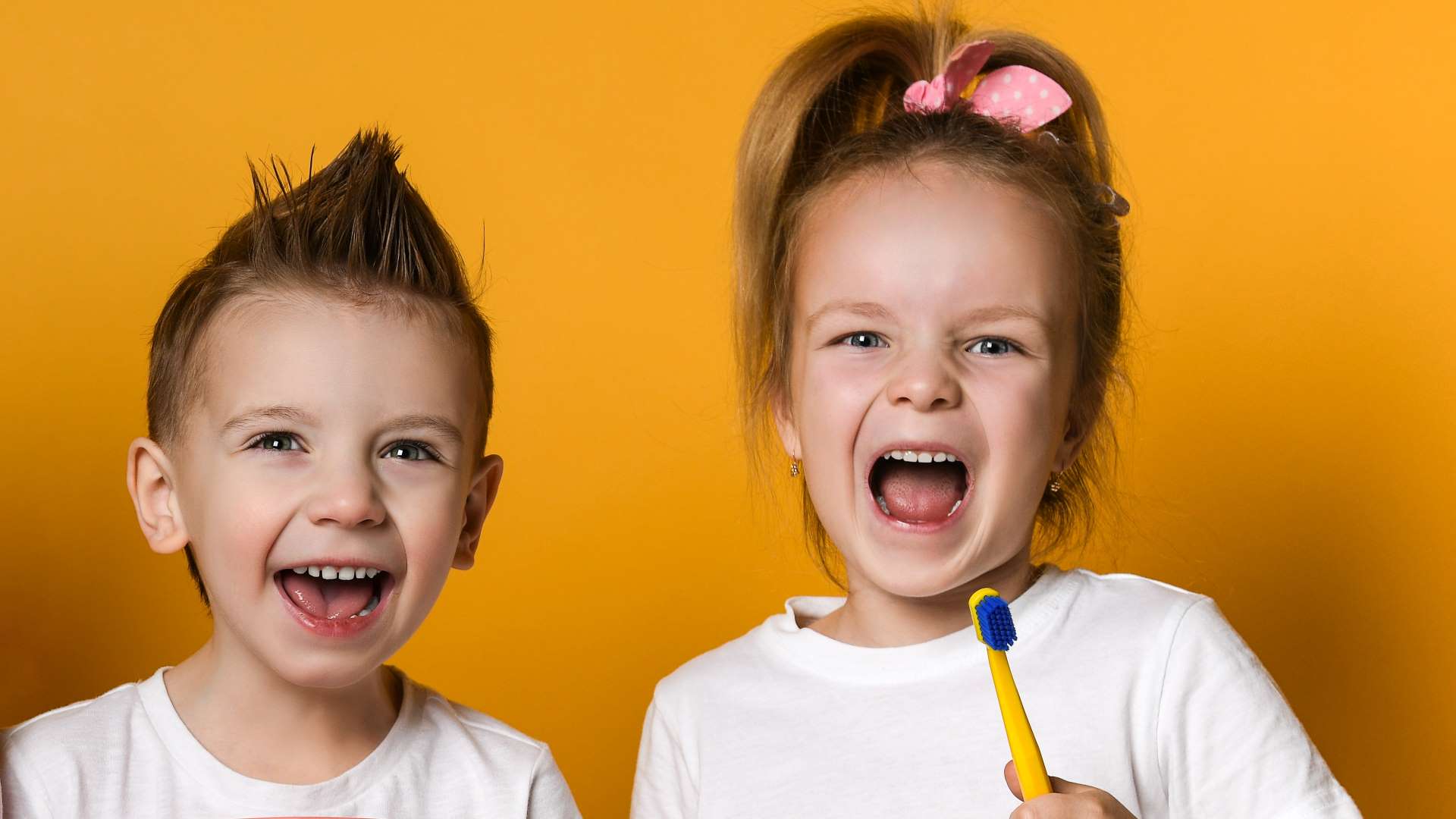
To develop the personal care and hygiene habits of our children, washbasins are considered as places that should be used with care. Equipment that provides personal hygiene opportunities and a layout that makes personal care comfortable, and esthetic creates motivation.
Easy-to-use washbasins, personal care points and natural products make students feel valued and offer the opportunity to create a culture of hygiene, personal care, and health. At YTU Schools, people value themselves and others and respect each other’s needs.
Being indoors and outdoors
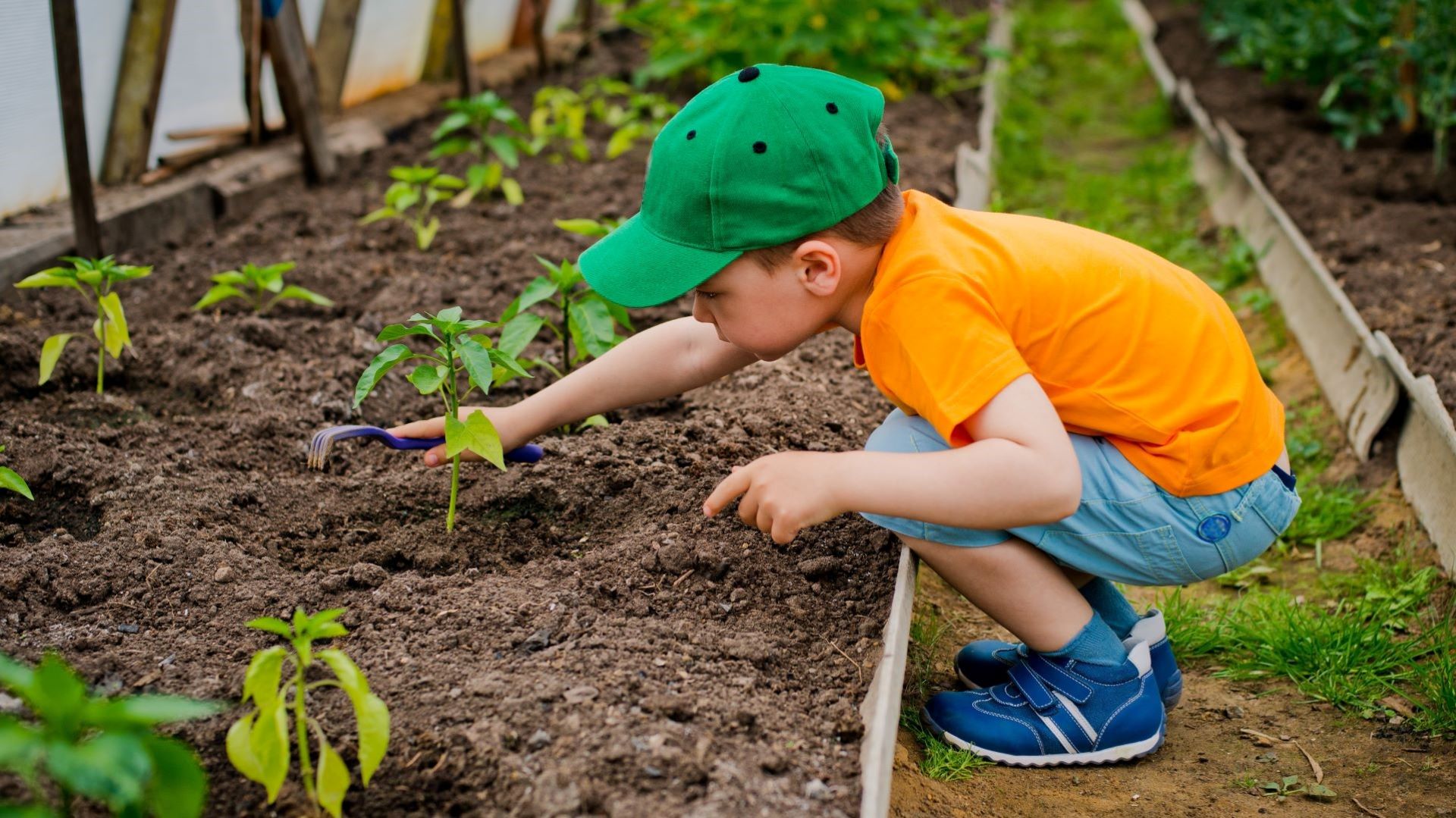
The garden, which includes cultivation areas, greenhouses and a variety of living things, makes it possible to understand nature.
Yıldız Forest and the school garden aim to improve the childhood years of students with features such as logs instead of plastic toys, a natural seesaw, a swing, a watermill, a windmill, a natural tunnel, and an archeological site. The school becomes more dynamic through contact with nature and with mobile structures that accelerate this transformation.
All-round development
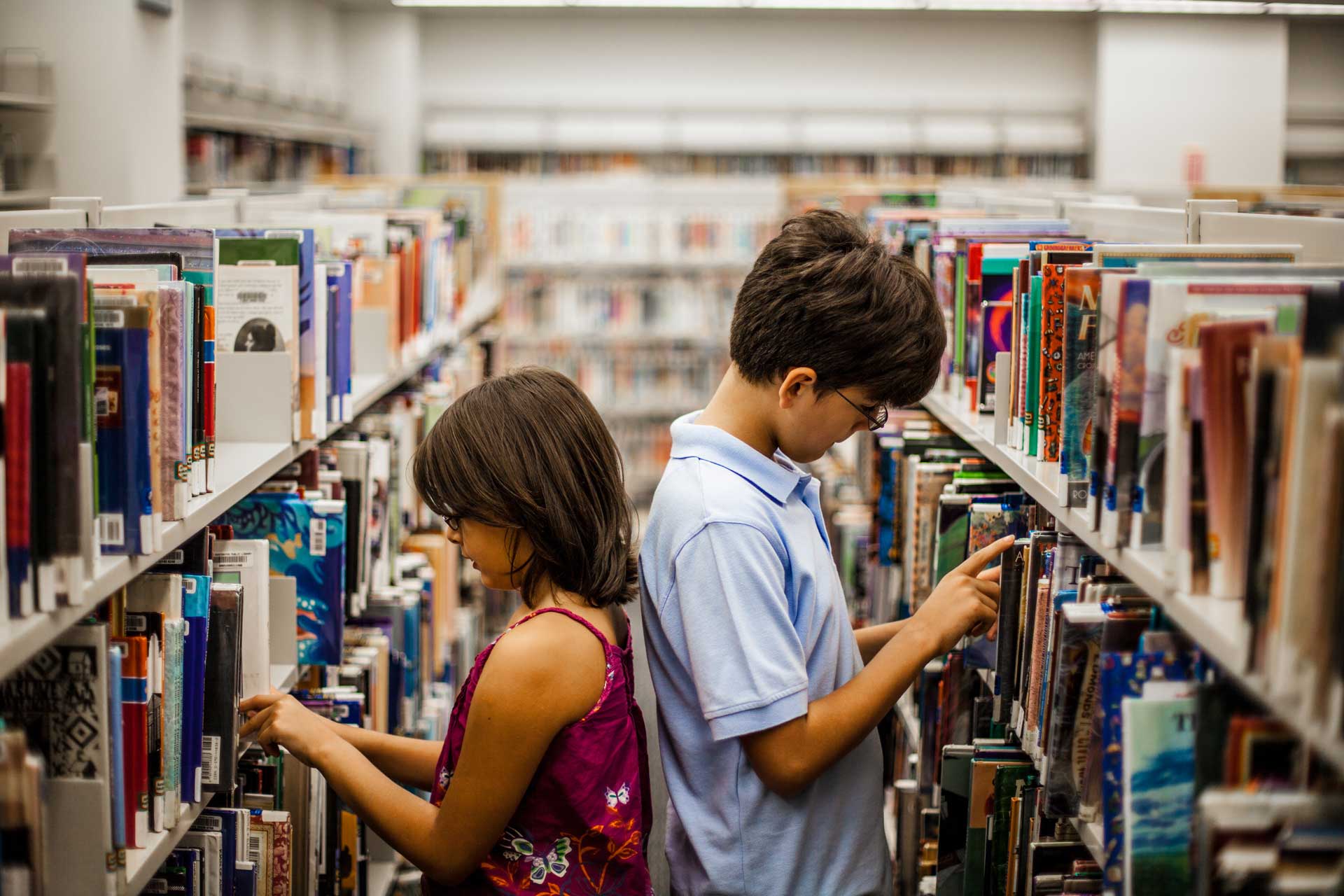
In addition to the libraries of all classrooms and spaces, the school library and the mobile libraries in the garden offer information literacy, academic integrity and research skills as part of the curriculum.
Art workshops, music studios, science and technology laboratories, drama stages, sports fields, climbing walls, dance and gymnastics studios and the library support the realization of the future philosophy of YTU Schools – “Yıldız Elements of Education” – by revealing students’ individual differences and passions. Aiming to achieve all-round development in line with the core values of YTU, our school uses every means available for our children.